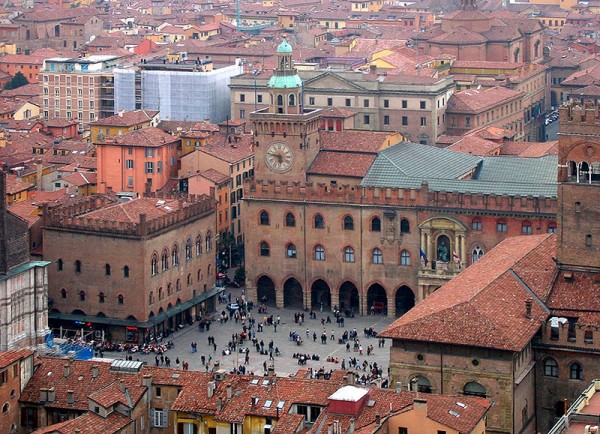How to Get a Student Visa for Italy
Posted on May 28th, 2014by Kev Woodward
In Italian | Leave a Comment »
Imagine yourself zipping through the streets of Rome on a Vespa, weaving in and out of the traffic to get to the university campus. Horns honking, the wind in your hair, the smell of fresh Italian coffee … whoa there! Come back to reality! Unless you are resident in the EU, you need get a student visa if you wish to study in Italy!
Which visa do I need and where do I get it?
Your visa can be obtained from the Italian Embassy in your home country and must be valid for however long you will be studying in Italy. If the course you are taking is less than 90 days long, you need to fill in a Schengen application form otherwise you should apply for a long-term student visa.
Key documentation
Your completed application, whichever it may be, needs to be accompanied by certain key documentation. Despite the laid-back image that Italians have, their country is nevertheless very bureaucratic and you need to make sure that your documentation is spot-on. All documents must be translated into Italian by a recognised translator otherwise you can kiss your Italian student visa goodbye. The key documentation needs to show that:
- you have sufficient money to live on whilst studying in Italy
- you have enough money to be able to return home (waived if you have already purchased your return ticket)
- you are entitled to medical treatment in Italy
- you have somewhere to live during your studies
Health Insurance
Medical care looks tricky doesn’t it? Actually, it’s not as bad as you might imagine. In some cases, your government may have an arrangement with the Italian government, in which case all you need is a consular statement confirming that. The other alternatives are:
- take out a private health insurance policy in your home country. To accompany that, you need a consular statement to say it is valid in Italy, including extra information such as the types of services covered.
- take out a private policy with an Italian organisation e.g. Istituto Nazionale delle Assicurazioni (INA) but be aware, there are still conditions to be fulfilled on the documentation.
Other supporting documents
But that’s not all of it; you will also need to submit:
- the completed application form
- a copy of the certificate for the programme on which you are enrolled, duly endorsed by the Italian embassy where you filed your application for studying in Italy
- four passport size photographs
- copy of the page(s) in your passport with your personal data
… and of course the completed application for your student visa. That’s it. But don’t take our word as gospel, regulations can change very quickly and there is more detail than we could possibly give here. Get the information directly from the Italian Embassy or the institution at which you will be studying.
Then, once you have jumped through all the hoops and have obtained your student visa for Italy, your dreams are set to become reality. But before you go, you should at least make one attempt to learn Italian – find an Italian course in your city here!



